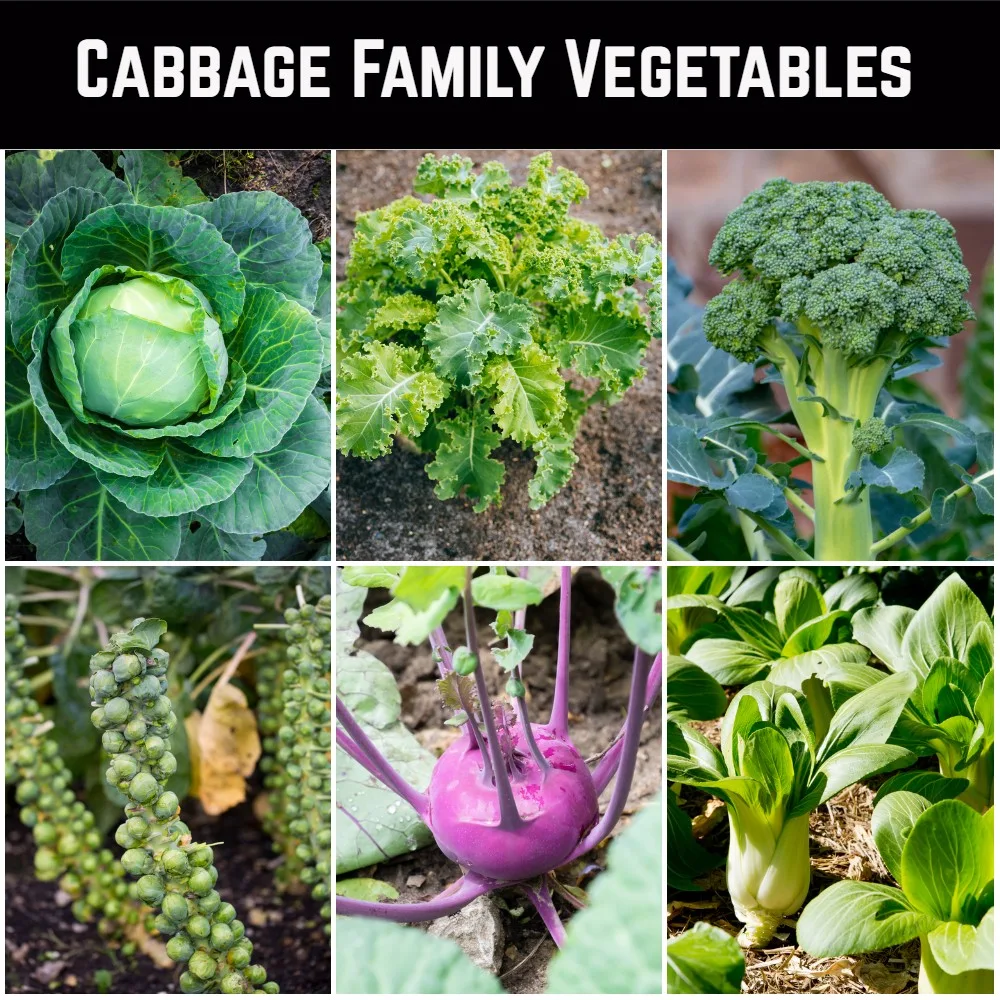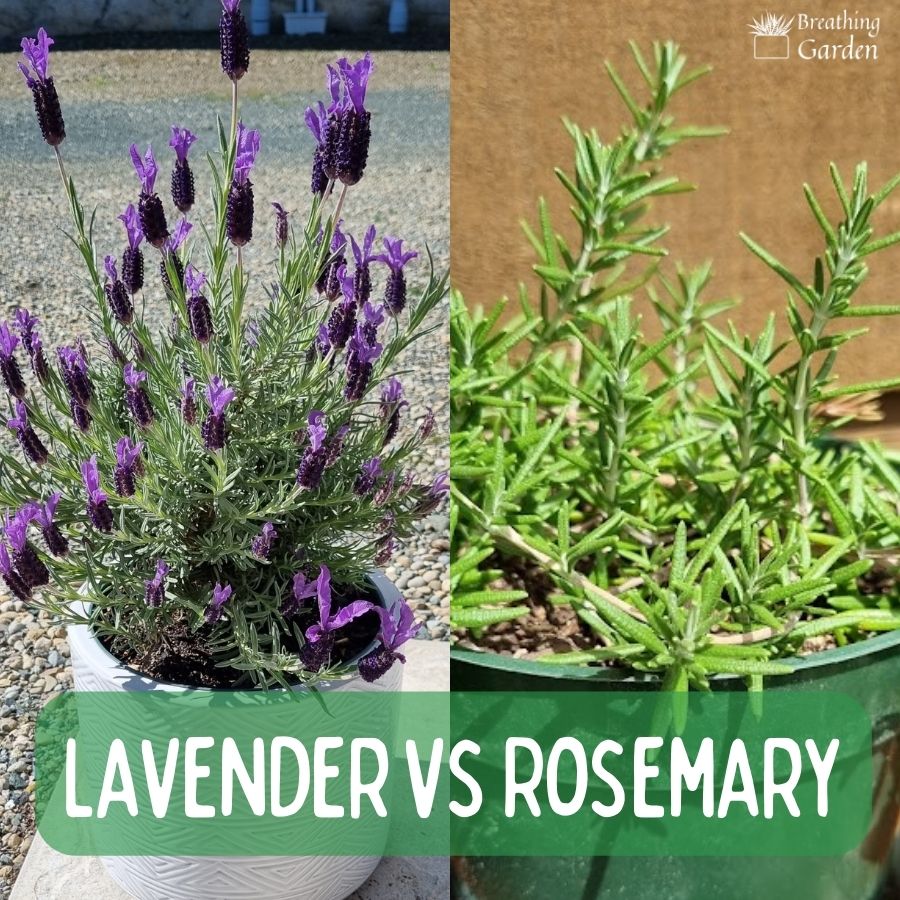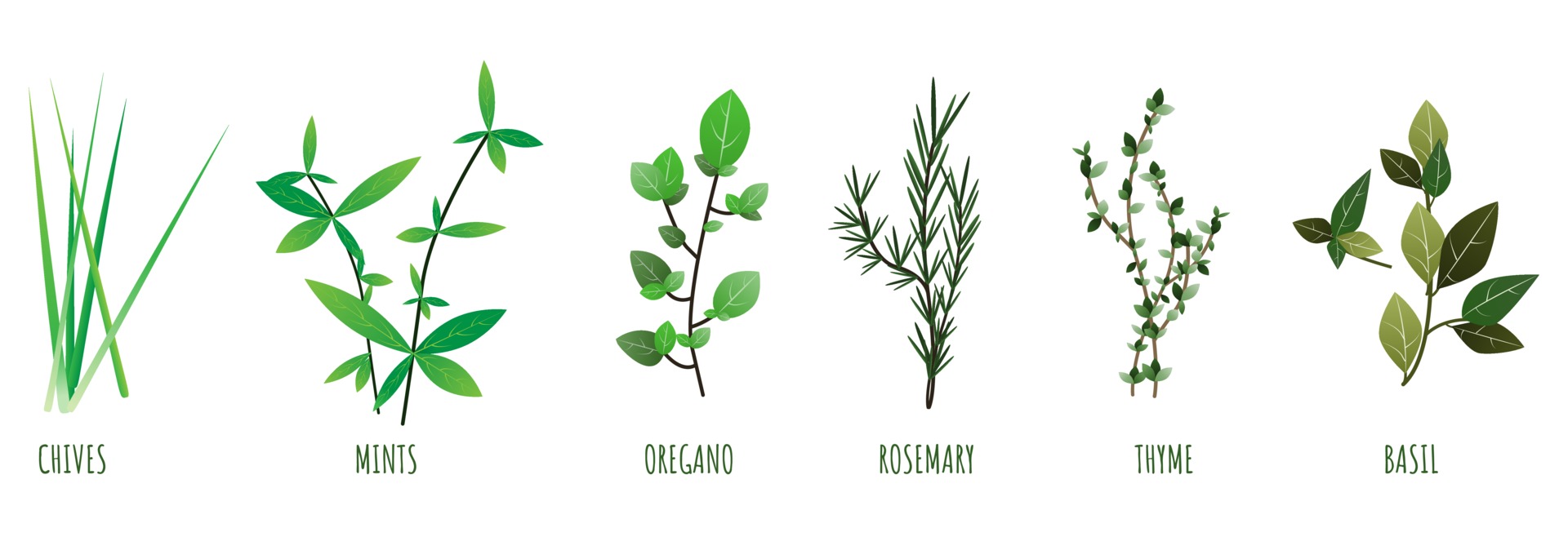The Ultimate Guide To Rosemary Companion Planting For Vegetables
The Ultimate Guide to Rosemary Companion Planting for Vegetables
Rosemary is a popular herb that is known for its fragrant leaves and culinary uses. But did you know that rosemary can also be a great companion plant for vegetables? When planted together, rosemary and vegetables can help each other thrive.
In this blog post, we will discuss the benefits of companion planting with rosemary, as well as some of the best vegetables to plant with rosemary. We will also provide some tips on how to plant and care for rosemary companion plants.
Benefits of Companion Planting with Rosemary
There are many benefits to companion planting with rosemary. Here are a few of the most important benefits:
- Attract beneficial insects. Rosemary can attract beneficial insects, such as ladybugs and lacewings, which help to control pests.
- Repel pests. The strong scent of rosemary can help to repel pests, such as aphids, cabbage moths, and tomato hornworms.
- Improve soil quality. Rosemary is a nitrogen-fixing plant, which means that it can help to improve the nitrogen content of the soil. This can benefit the growth of other plants in the garden.
- Provide shade. Rosemary can provide shade for other plants, which can help to protect them from the hot sun.
- Improve flavor. Some people believe that planting rosemary near vegetables can improve the flavor of the vegetables.
Best Vegetables to Plant with Rosemary
There are many vegetables that can be planted with rosemary. Here are a few of the best vegetables to plant with rosemary:
- Carrots. Carrots and rosemary make great companions, both in the garden and on the plate. The strong scent of rosemary can help to repel carrot flies, which are a common pest of carrots.
- Brassicas. Brassicas, such as broccoli, cabbage, and cauliflower, are also good companions for rosemary. The strong scent of rosemary can help to repel cabbage moths, which are a common pest of brassicas.
- Beans. Beans are nitrogen-fixing plants, which means that they can help to improve the nitrogen content of the soil. This can benefit the growth of rosemary. In addition, beans can help to shade rosemary plants and protect them from the hot sun.
- Onions. Onions and rosemary are both strong-scented plants, which can help to deter pests. In addition, onions can help to improve the flavor of rosemary.
- Potatoes. Potatoes and rosemary are both good companions for each other. The strong scent of rosemary can help to repel potato beetles, which are a common pest of potatoes.
Tips for Planting and Caring for Rosemary Companion Plants
When planting rosemary companion plants, it is important to consider the following factors:
- Sunlight. Rosemary needs full sun to thrive.
- Soil. Rosemary prefers well-draining, sandy soil.
- Water. Rosemary needs regular watering, but it is important to avoid overwatering.
- Fertilizer. Rosemary does not need much fertilizer. A light application of compost in the spring is all that is needed.
With proper care, rosemary companion plants can thrive and help each other to grow.
Conclusion
Rosemary is a versatile herb that can be used in a variety of ways. It is also a great companion plant for vegetables. When planted together, rosemary and vegetables can help each other thrive.
If you are looking for ways to improve the health and productivity of your vegetable garden, consider companion planting with rosemary. You may be surprised at the results.
Rosemary is a versatile herb that can be used in a variety of dishes, but it's also a great companion plant for vegetables. When planted together, rosemary can help to repel pests, improve the flavor of vegetables, and even increase yields.
Some of the best vegetable companions for rosemary include:
- Carrots: Carrots and rosemary help each other to grow strong and healthy. Carrots help to loosen the soil around the rosemary roots, making it easier for the plant to absorb water and nutrients. Rosemary, on the other hand, helps to repel carrot root flies.
- Brassicas: Rosemary is a good companion for any plant in the cabbage family. The strong aroma of rosemary masks the scent of brassicas, making them less attractive to pests such as cabbage moths and butterflies.
- Tomatoes: Rosemary is believed to improve the flavor and growth of tomatoes. It also helps to repel pests such as the tomato hornworm.
- Marigolds: Marigolds have insect-repelling properties, so they make great companions for rosemary. They can help to deter pests such as aphids, whiteflies, and spider mites.
If you're looking for more information about rosemary companion plants, I recommend visiting Garden Wiki. This website has a comprehensive list of vegetables that grow well with rosemary, as well as tips on how to plant and care for these companion plants.
FAQ of rosemary companion plants vegetables
Question 1: What are some good companion plants for rosemary?
Answer: Rosemary is a versatile herb that can be paired with a variety of vegetables. Some good companion plants for rosemary include:
- Brassicas: Rosemary's aroma masks the scent of brassicas, which helps to deter pests. Some good brassicas to plant near rosemary include cabbage, broccoli, cauliflower, kale, Brussels sprouts, turnips, kohlrabi, rutabaga, and radishes.
- Onions and garlic: Rosemary and onions/garlic have a mutually beneficial relationship. The onions/garlic help to repel pests, while the rosemary helps to improve the flavor of the onions/garlic.
- Herbs: Rosemary can also be paired with other herbs, such as lavender, sage, thyme, oregano, and marjoram. These herbs have similar growing requirements and can help to attract beneficial insects to the garden.
Question 2: What vegetables should I avoid planting near rosemary?
Answer: There are a few vegetables that you should avoid planting near rosemary, as they can compete for resources or attract pests. These vegetables include:
- Lettuce: Lettuce is a heavy feeder, and it can compete with rosemary for water and nutrients.
- Peas: Peas can attract pests such as aphids, which can also damage rosemary plants.
- Carrots: Carrots can be susceptible to the same diseases as rosemary, so it is best to avoid planting them near each other.
Question 3: How far apart should I plant rosemary and other vegetables?
Answer: The spacing requirements for rosemary and other vegetables will vary depending on the specific plants involved. However, as a general rule of thumb, you should space rosemary plants about 18-24 inches apart. Other vegetables may need more or less space, so be sure to check the planting instructions for each plant.
Question 4: What are the benefits of companion planting with rosemary?
Answer: There are several benefits to companion planting with rosemary. These include:
- Improved pest control: Rosemary's strong aroma can help to deter pests, such as aphids, cabbage moths, and whiteflies.
- Increased pollination: Rosemary can attract beneficial insects, such as bees and butterflies, which can help to pollinate other plants in the garden.
- Improved flavor: The flavor of rosemary can be enhanced when it is planted near other herbs, such as thyme, oregano, and marjoram.
Question 5: What are some tips for companion planting with rosemary?
Answer: Here are a few tips for companion planting with rosemary:
- Choose plants with similar growing requirements: Rosemary prefers full sun and well-drained soil. When choosing companion plants, be sure to select plants that have similar growing requirements.
- Consider the height and spread of the plants: When planting rosemary with other vegetables, be sure to consider the height and spread of the plants. Rosemary can grow quite tall, so you may want to plant it behind shorter vegetables.
- Experiment: There is no one-size-fits-all approach to companion planting. The best way to find out which plants work well together is to experiment. Plant different combinations of vegetables and herbs and see what works best in your garden.
Image of rosemary companion plants vegetables
Here are 5 images of rosemary companion plants vegetables from Pinterest:
- Rosemary and cabbage family vegetables. Rosemary's aroma masks the scent of brassicas and keeps pests at bay. Plant rosemary near any plants in the cabbage family: cabbage, broccoli, cauliflower, kale, Brussels sprouts, turnips, kohlrabi, rutabaga, and radishes.

- Rosemary and beans. Rosemary and beans are a great companion plant combination. The rosemary's strong aroma deters pests that would otherwise target the beans.

- Rosemary and tomatoes.DO NOT plant rosemary next to tomatoes. Rosemary's strong aroma can actually stunt the growth of tomatoes.

- Rosemary and lavender. Rosemary and lavender are both Mediterranean herbs that thrive in similar conditions. They can be planted together in the same garden bed or container.

- Rosemary and chives. Chives and rosemary are both herbs that repel pests. They can be planted together to help protect your garden from insects.

Post a Comment for "The Ultimate Guide To Rosemary Companion Planting For Vegetables"